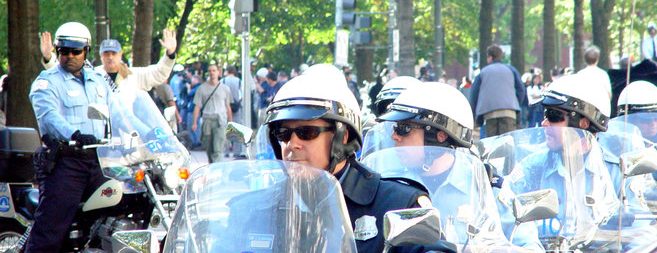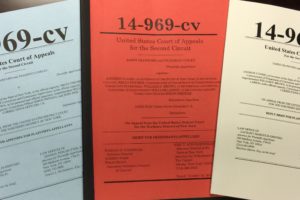The simple answer is: yes, you may be able to sue if the police have violated your constitutional rights. Let’s explore that further.
In New York, we rely on police officers and other state law enforcement officials to enhance our quality of life, enforce the laws of New York and the United States, preserve peace in our diverse communities, and provide a safe environment for all residents. These trusted government officials are required to abide by the United States Constitution in carrying out their duties on behalf of New York State. Most of the time, police officers and other state law enforcement officials act in accordance with the Constitution and other federal laws. But that is not always the case.
If you believe that your constitutional rights were violated by a state official (including police officers and other state or municipal agency employees), you should speak to an experienced civil rights attorney about your case.
Understanding Civil Rights Act Litigation
When a state official violates the rights guaranteed to a person by the United States Constitution and other federal laws, the Civil Rights Act may provide a private civil remedy to his or her victim. This post will provide an overview of the law governing Civil Rights Act litigation, also known as “Section 1983 litigation.”
History of the Civil Rights Act
42 U.S.C. § 1983, commonly referred to as “Section 1983,” was enacted as part of the Civil Rights Act of 1871. Its primary purpose was to create a civil remedy for victims of abuses that were being committed by officials in southern states.
In 1961, the Supreme Court of the United States issued its decision in Monroe v. Pape. In that case, thirteen police officers conducted a search of the Monroe family home without a warrant in the middle of the night. During the search, officers forced a family member to stand naked in his living room while they ransacked his home. They later brought the man into the police station for interrogation without an arrest warrant where he was unable to make any telephone calls or contact a lawyer. The Monroe family brought a lawsuit under section 1983 against the police officers for violating their civil rights. The Result: For the first time, the Supreme Court held that a government official could be held liable for violating civil rights even where the official had acted outside of the scope of the authority granted to him by state law.
Did the police violate your rights?
Contact us today for a free consultation: (646) 742-9800




